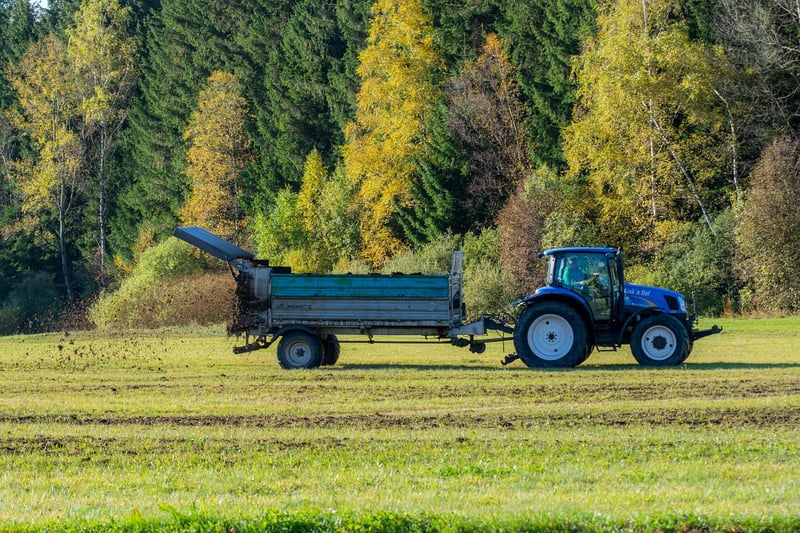Fertilizing Tips
Keeping Your Vertical Garden Thriving: Essential Maintenance Tips
Vertical gardens are a beautiful way to bring greenery into small spaces, but they require proper maintenance to keep them healthy and vibrant. In addition to regular watering and sunlight, fertilizing your vertical garden is crucial for ensuring the growth and vitality of your plants. Here are some essential tips to help you maintain a thriving vertical garden:
1. Choose the Right Fertilizer
When it comes to fertilizing your vertical garden, selecting the right fertilizer is key. Opt for a balanced, water-soluble fertilizer that is suitable for the types of plants you are growing. Look for a fertilizer with a balanced NPK ratio (nitrogen, phosphorus, potassium) to provide essential nutrients for plant growth.
2. Follow a Regular Fertilizing Schedule
Establish a consistent fertilizing schedule to ensure that your plants receive the nutrients they need to thrive. Depending on the type of fertilizer you use, you may need to fertilize your vertical garden every 2-4 weeks during the growing season. Be mindful not to over-fertilize, as it can lead to nutrient imbalances and harm your plants.
3. Apply Fertilizer Correctly
When applying fertilizer to your vertical garden, follow the instructions on the product label for the correct dilution and application method. Avoid getting fertilizer on the foliage of your plants, as it can cause burns. Water your plants before and after fertilizing to help distribute the nutrients evenly.
4. Monitor Plant Health
Keep a close eye on the health of your plants to identify any signs of nutrient deficiencies or excesses. Yellowing leaves, stunted growth, or leaf drop can indicate a lack of nutrients, while burnt leaf tips or distorted growth may be a sign of over-fertilization. Adjust your fertilizing routine accordingly based on your observations.
5. Consider Organic Options
If you prefer a more natural approach, consider using organic fertilizers to nourish your vertical garden. Compost, worm castings, or organic liquid fertilizers can provide nutrients to your plants while promoting soil health and microbial activity.
6. Seek Professional Advice
If you are unsure about fertilizing your vertical garden or encounter persistent issues with plant health, don't hesitate to seek advice from gardening experts or local nurseries. They can offer guidance on choosing the right fertilizers and troubleshooting common problems.
Conclusion
By following these fertilizing tips and incorporating them into your vertical garden maintenance routine, you can ensure that your plants thrive and flourish in their vertical oasis. Remember that proper fertilization is essential for supporting healthy growth and blooming, so don't overlook this important aspect of vertical garden care.
Happy gardening!

Source image: Pixabay
